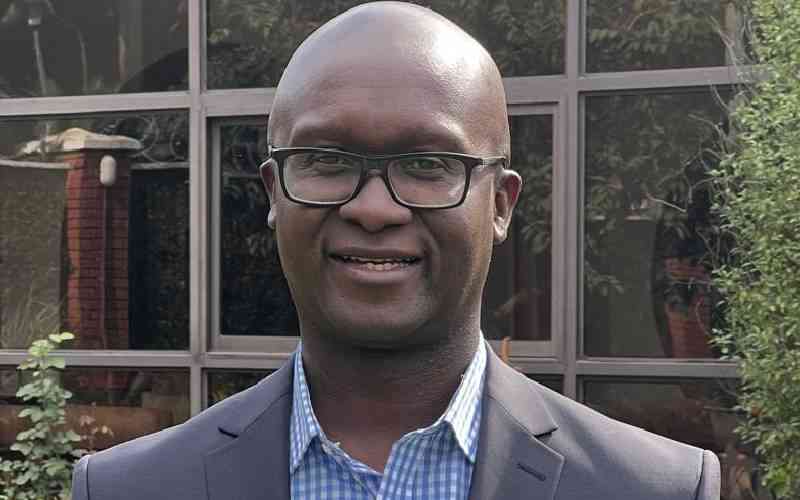By Willis Oketch
Legal disputes that dogged an Israeli-owned Paradise Hotel in Kikambala for the last five years have finally come to an end, leaving the proprietor free to manage the hotel without further legal hussles.
This comes after a deal in which 500 Israelis who had sued the proprietor, Yehuda Sulami, and firms associated with him over Sh500 million they invested in the business in 1997 withdrew the suit, and opted for an out-of-court settlement.
Last week, the lawyer for the applicants, Philip Nyachoti, and Advocates, William Mogaka and Joseph Munyithya for the defendants informed Mombasa Resident Judge, Justice Mohamed Ibrahim, that they had reached an understanding, and were ending the legal intrigues over the hotel’s ownership that have dragged on since 2006.
Consequently, Justice Ibrahim ruled that orders previously issued in relation to the property stopping the proprietor from managing the hotel were lifted.
"Orders by the court with all consequential orders as between the plaintiffs and the defendants be, and are hereby set aside," said the judge.
He also set a side an order barring the proprietor from interfering with the properties of the applicants or in default pay Eiden Enterprises and the other applicants Sh500 million.
Other applications, filed by other claimants, would also have to collapse following the agreement, the judge said.
Business at the hotel popular with Israeli tourists was first disrupted in 2002, when a car bomb blew up inside its premises killing 15 people, and causing extensive structural damages.
It is believed that one of the most wanted terrorism suspects, Fazul Abdullah, was behind the attack.
Shortly from the attack, a dispute erupted between the proprietor and the investors who claimed there was a scheme to shortchange them.
Breach of agreement
The applicants filed a case at the High Court in Mombasa alleging that Sulami was acting in breach of the purchase agreement.
The applicants told the court that in 1997 they paid half a billion shillings to buy shares in an investment plan sold to them by Paradise Mombasa Marketing Limited, in which Sulami was a majority shareholder.
The investors were to own individual holiday units in the hotel, which was built in a tourist village design with 540 individual units.
Stay informed. Subscribe to our newsletter
When the hotel was damaged in the bomb attack three years later, Sulami allegedly wrote letters to the investors demanding $2000 (Sh162,000) from each of them to fund its reconstruction.
Applicants claimed Sulami threatened those who failed to pay would lose their ownership rights.
 The Standard Group Plc is a
multi-media organization with investments in media platforms spanning newspaper
print operations, television, radio broadcasting, digital and online services. The
Standard Group is recognized as a leading multi-media house in Kenya with a key
influence in matters of national and international interest.
The Standard Group Plc is a
multi-media organization with investments in media platforms spanning newspaper
print operations, television, radio broadcasting, digital and online services. The
Standard Group is recognized as a leading multi-media house in Kenya with a key
influence in matters of national and international interest.
 The Standard Group Plc is a
multi-media organization with investments in media platforms spanning newspaper
print operations, television, radio broadcasting, digital and online services. The
Standard Group is recognized as a leading multi-media house in Kenya with a key
influence in matters of national and international interest.
The Standard Group Plc is a
multi-media organization with investments in media platforms spanning newspaper
print operations, television, radio broadcasting, digital and online services. The
Standard Group is recognized as a leading multi-media house in Kenya with a key
influence in matters of national and international interest.





